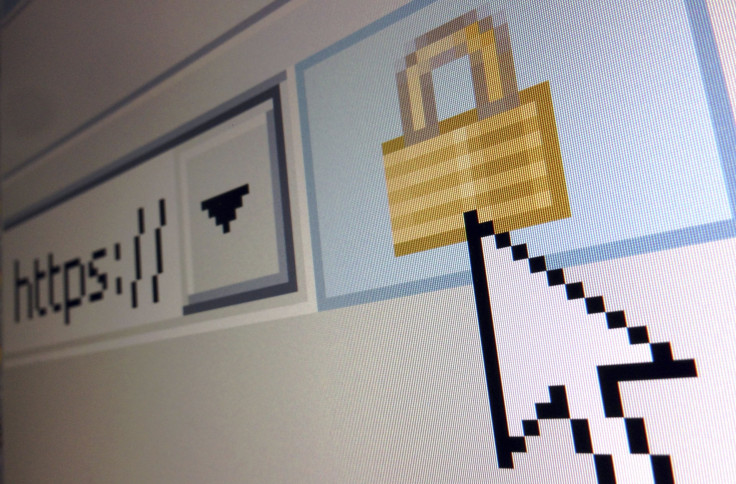Giving Up Sex To Not Be Hacked? 43% American Millennials Say Yes, Survey Finds

People take their online lives very seriously, a point driven home sharply by a poll that found a large number of U.S. adults were willing to give up sex in real life for a full year if they had the assurance their various internet accounts were never hacked.
The survey of 2,007 adults was conducted by Harris Poll on behalf of Dashlane, a password management service. When asked “I would give up sex for a year if it meant I never had to worry about being hacked/breached/having my identity stolen,” 39 percent of the respondents answered in the affirmative. And that number went up to 43 percent in the 18-34 years age bracket. More women (44 percent) were likely to give up sex in exchange for online security than men (34 percent).
Exactly 25 percent of those surveyed also said they considered sharing a social media password, such as to their Facebook, Instagram or Twitter accounts, an act more intimate than sex. And among this set, the biggest weighted number (28 percent) came from the 45-54 years age bracket.
Despite such sentiment, 16 percent of respondents also said they had either shared social media passwords or had someone else share it with them. The categories of passwords that had been shared more widely were those to mobile phones (19 percent), streaming services (21 percent) and email (23 percent). To give that some context though, 70 percent of respondents said they would feel comfortable sharing their online passwords only with a significant other.
In reference to the findings, which showed 45 percent respondents had shared some password or were entrusted with someone else’s passwords, Emmanuel Schalit, CEO of Dashlane, told International Business Times: “Today, data isn’t on our devices, but in the cloud — and the best line of defense we have to protect this data are passwords. This survey data continues to highlight an unfortunate trend — even with breaches happening to everyone from companies and celebrities to consumers, people are continuing to engage in risky password behavior.”
© Copyright IBTimes 2024. All rights reserved.





















